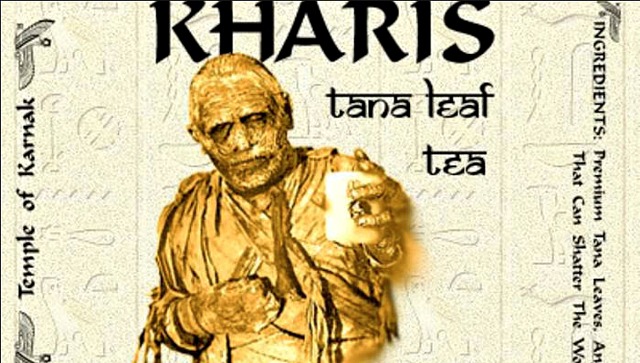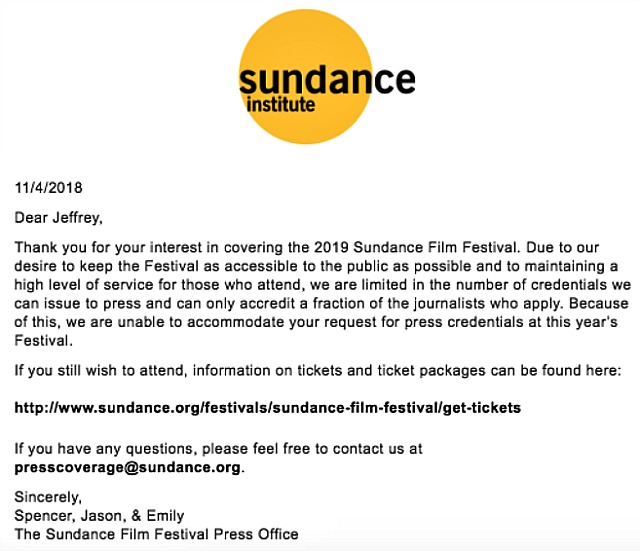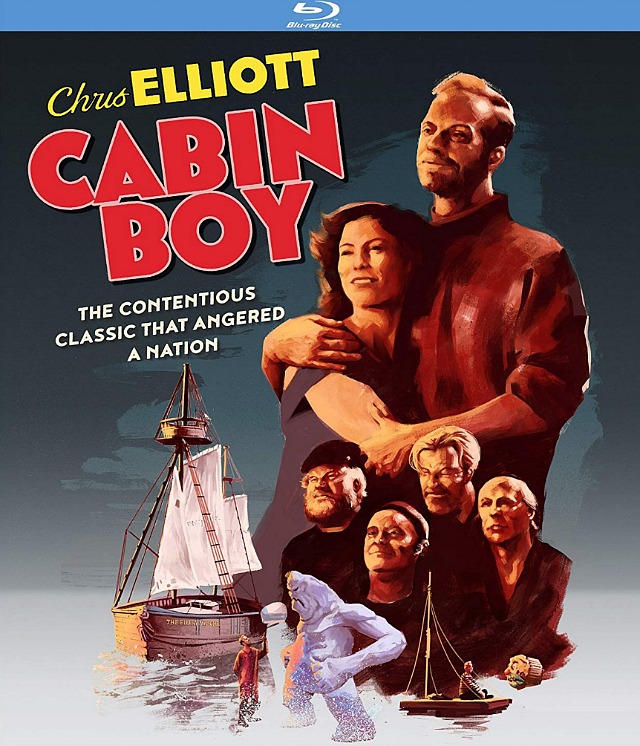Eight or nine days ago I promised to stream Andrew Bujalski‘s Support the Girls and assess the merit of the New York Film Critics Circle giving Regina Hall their Best Actress trophy. Which some regarded as a curious call. For whatever fudgeball reasons I didn’t get to it last weekend, and then the neck surgery happened last Tuesday and I’ve basically been Kharis for four days now.
But last night I finally hit play, and I have to say that Support The Girls isn’t half bad, and that I get what Indiewire‘s Eric Kohn and David Ehrlich were on about when they posted raves during last March’s SXSW festival or when it opened last August. And I get why they pushed and politicked on Hall’s behalf during the NYFCC voting. Their enthusiasm wasn’t unwarranted, and I think I understand why they preferred giving the award to Hall rather than Can You Ever Forgive Me‘s Melissa McCarthy or The Wife‘s Glenn Close or Widows‘ Viola Davis. So yes, I respect their motives, but I’m still persuaded that McCarthy’s is far and away the finest in her field. Hall is obviously skilled and entirely commendable in Support The Girls, but McCarthy is like “whoa, hold on, stand back, look at this.”
Support The Girls is a believable, better than decent, woe-is-me, carry-that-weight, handle-that-shit, “One Day In The life of Ivan Denisovich” mumblecore no-laugh “comedy” about poor Lisa (Hall), the manager of an Austin Hooters-like bar (i.e., Double Whammies) who has to be “the adult in the room” as she copes with all kinds of employee problems and personal hassles and you-name-it. The trailer tells you that right off the bat.
You’re not supposed to laugh or even chuckle with Lisa as much as feel for her situation and identify with her burden, and I sure as hell did that. I admired her strength, persistence, maturity and people skills as she fused just the right combination of steel, patience and restraint. Hall is a good actress — she knew exactly how to make this character feel genuine and whole. I spent the whole time pulling for Lisa, wanting to see her come through, telepathically urging her adversaries to go easy, etc. Your heart goes out.
God help the poor souls of suburban Austin and in fact all denizens of blighted urban sprawls who live or work within spitting distance of freeways…God help them all. Life can feel so miserable and deflating under the wrong cultural conditions or circumstances and especially in the company of people with ongoing issues, but here’s to the Lisas of the world…they keep things running and humming despite all kinds of sadness and frustration and the heaviest of hearts.







